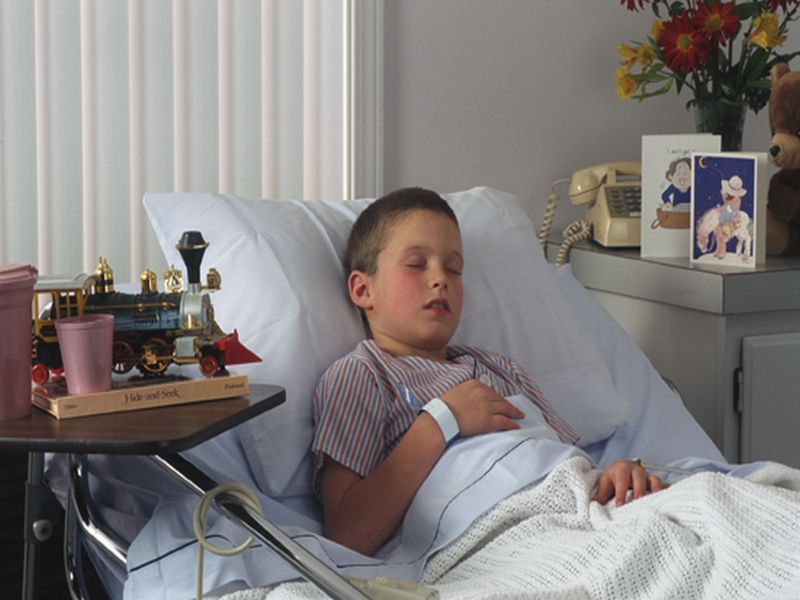
It’s often said salt water is good for cuts. Or that sunscreen isn’t needed on cloudy days. But both are incorrect, says Isabel Valdez, a physician assistant and instructor of family medicine at Baylor College of Medicine in Houston. When you head outdoors this summer, you should be aware of some common health myths, she… read on >




























